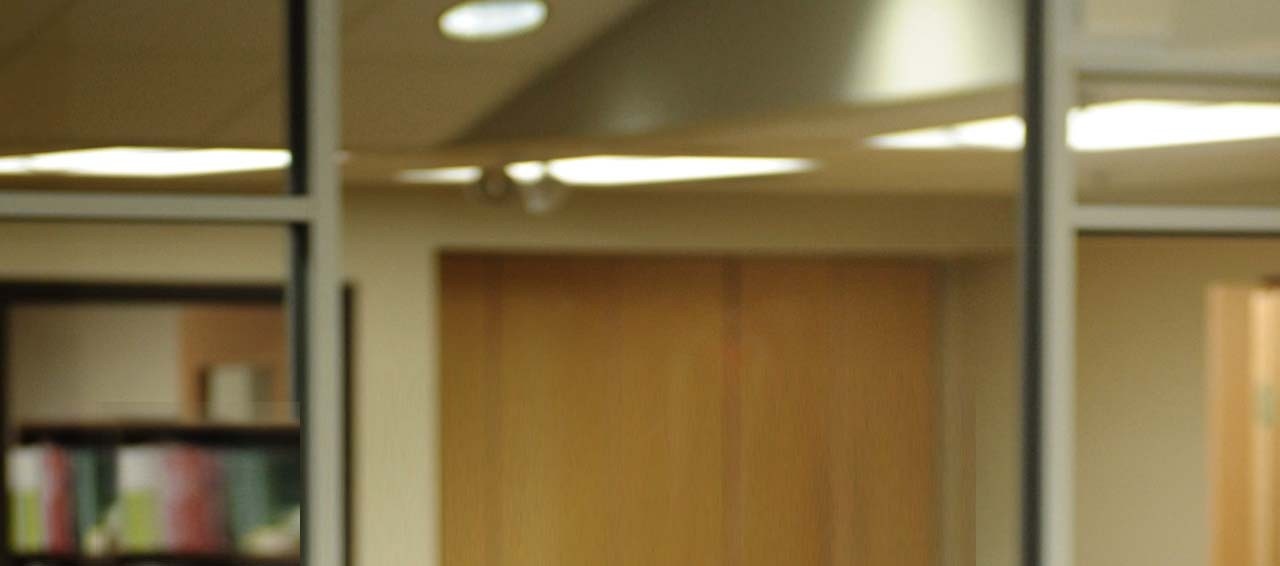Jon Bower
(BHSc'10 - Nuclear Medicine Technology)
"I had many great experiences in the School of Health Sciences, made countless friends, and have ultimately ended up doing a job I enjoy—a job that I started within a month of graduating.
Boundless opportunities
Jon Bower didn’t have far to go when he started at Dal—he grew up in Prospect Bay, about 20 minutes outside the city—but it took him a couple years to find the Nuclear Medicine Technology program in the School of Health Sciences.
“I started in the Bachelor of Science program, but after I finished my first year I realized that I didn’t have a clear idea of what I really wanted to do with my education,” he says. “So I did some research and stumbled across Health Sciences. I was drawn to nuclear medicine because it sounded interesting and challenging, and there was a high demand for graduates from the program.”
Jon's class of 2010 had a grand total of five graduates. In fact, the entire School of Health Sciences graduating class numbered around 50. It was that small, intimate nature of the program that appealed to him.
“Because it was a small class I was always being pushed by the teachers to achieve my full potential,” he says. “It was challenging but rewarding to gain so much insight into the medical field. And the close-knit atmosphere allowed me to become friends with my classmates and professors, as well as students in the other professional streams, and learn in an interprofessional environment.”
Jon took the opportunity to become involved beyond the classroom by joining the Students’ Association of Health Sciences. He was the Nuclear Medicine rep in his third year and social director in his fourth year.
Within a month of finishing the program and completing the Canadian Association of Medical Radiation Technologists national certification, he became a certified nuclear medicine technologist and started his current job at the QEII Health Sciences Centre in Halifax.
“Through four years of clinical and theoretical practice I was able to grow leaps and bounds in my personal and professional skills,” he says. “From producing radiopharmaceuticals to imaging in vivo biochemistry, I was able to expand my knowledge of the health-care field as a whole. And the learning opportunities seemed to be boundless—from conferences, mentorship programs, and guest lectures, to interactions with numerous health-care providers in the clinical setting. Looking back on my academic path, I wouldn’t change a thing.”
